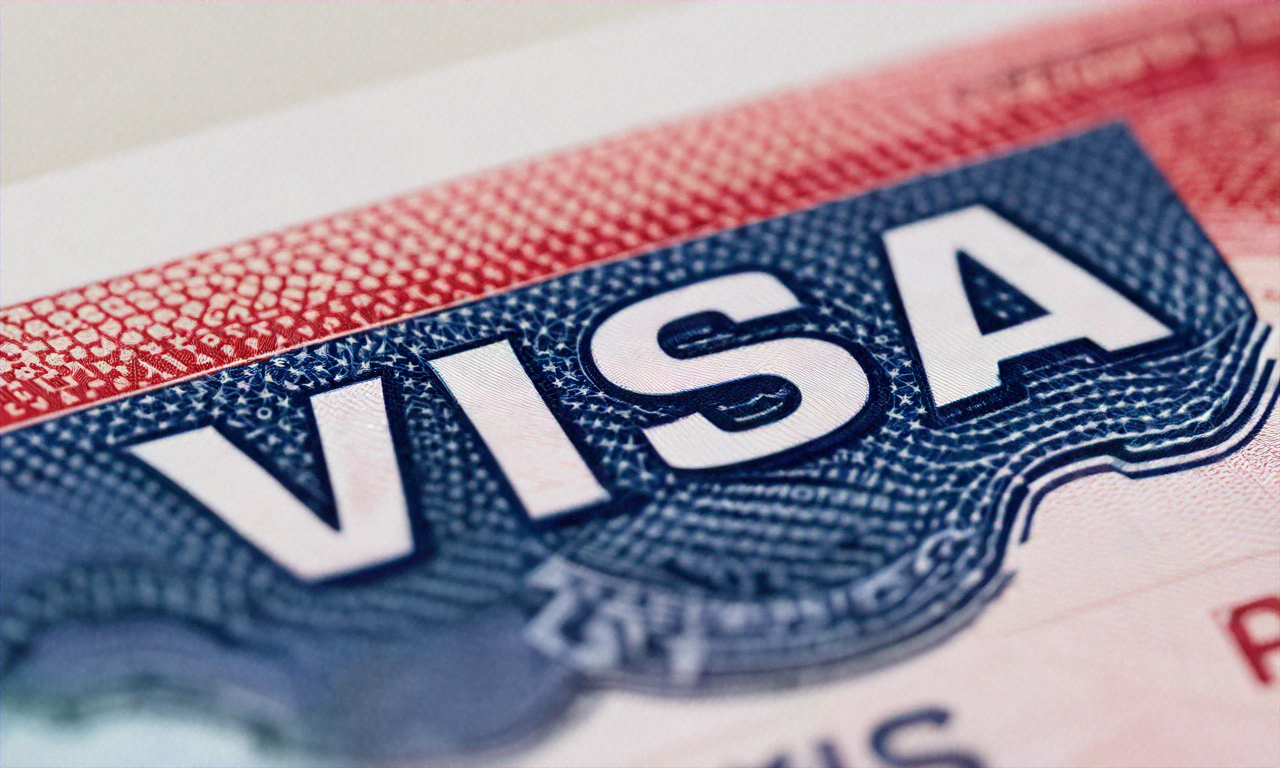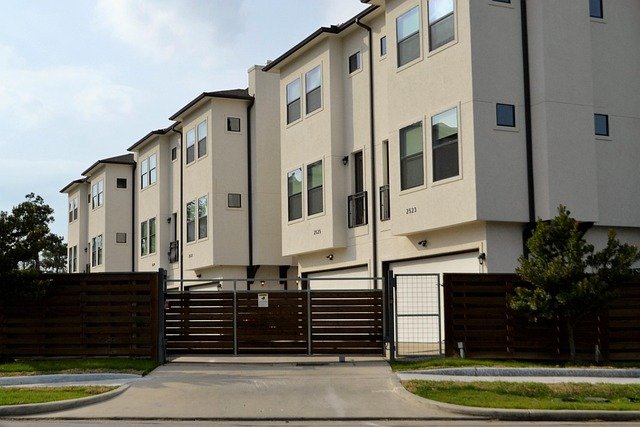Spouse Visa Immigration Help Explained: Process and Eligibility Insights
Applying for a spouse visa often requires meeting strict eligibility criteria and providing detailed documentation. This guide explains how the process typically works, what applicants should prepare in advance, and the considerations that may influence application outcomes.

What eligibility criteria must applicants meet for a spouse visa?
Spouse visa eligibility requirements typically center around proving the legitimacy of your relationship and meeting financial thresholds. Most countries require that both partners are legally married or in a recognized civil partnership, with marriage certificates serving as primary evidence. For unmarried partners, many jurisdictions require proof of cohabitation for a specified period, usually between 1-2 years, demonstrated through joint leases, bills, or financial accounts.
Financial requirements represent another crucial eligibility component. Applicants generally need to demonstrate that the sponsoring spouse earns sufficient income to support the immigrating partner without relying on public funds. For example, the UK requires a minimum annual income of £18,600 for sponsors, with additional amounts required for dependent children. Alternative financial requirements may include having substantial savings or assets that can substitute for income thresholds.
The immigrating spouse typically needs a clean criminal record, with serious criminal convictions often resulting in automatic disqualification. Health requirements may include medical examinations to ensure applicants don’t pose public health risks or require extensive medical services that could burden the host country’s healthcare system.
What is the step-by-step overview of the spouse visa application process?
The spouse visa application process typically begins with determining the correct visa category for your situation. Countries offer various routes for spousal immigration, including family reunification visas, marriage-based residence permits, or partner visas depending on your relationship status and circumstances.
After identifying the appropriate visa category, the next step involves gathering and organizing documentation that substantiates your relationship and meets eligibility requirements. This documentation phase is often the most time-consuming part of the process, potentially taking several weeks or months to complete properly.
Once you have assembled all required documentation, you’ll need to complete and submit the application forms through the designated channels – either online, by mail, or in person at a visa application center. Many countries charge application fees ranging from several hundred to thousands of dollars depending on the destination country and visa type.
After submission, applicants typically undergo biometric data collection, including fingerprinting and photographs. Following this, many countries require an interview at a consulate or embassy where immigration officials assess the authenticity of the relationship through questions about your partnership history, living arrangements, and future plans.
Processing times vary significantly between countries, typically ranging from several weeks to over a year. During this waiting period, some countries allow applicants to track their application status online, while others provide minimal updates until a decision is reached.
What common documentation is required when applying for a spouse visa?
Documentation requirements form the backbone of successful spouse visa applications. Relationship evidence typically includes marriage certificates for married couples or extensive proof of cohabitation for unmarried partners. Supporting evidence may include photographs together over time, joint financial accounts, communication records, travel itineraries showing visits, and affidavits from friends and family who can attest to the relationship’s authenticity.
Financial documentation requirements generally include several months of pay stubs, employment contracts, bank statements, tax returns from recent years, and letters from employers confirming employment status and salary. Self-employed applicants typically need to provide business registration documents, financial statements, and tax records demonstrating stable income.
Identity documents represent another crucial category, including valid passports, birth certificates, previous visa records if applicable, and national identity cards. Many countries also require police clearance certificates from any country where applicants have lived for a significant period, typically six months or longer.
Accommodation evidence demonstrates that the couple has suitable housing arrangements, which may include property deeds, mortgage statements, rental agreements, or letters from property owners confirming living arrangements. Additionally, applicants usually must provide passport-sized photographs meeting specific requirements regarding size, background color, and facial expression.
What potential challenges might arise during the spouse visa application process?
The spouse visa journey presents several common challenges that applicants should anticipate. Processing delays represent one of the most frequent issues, with timelines often extending beyond official estimates due to application backlogs, administrative reviews, or requests for additional information. These delays can significantly impact travel plans, employment arrangements, and family reunification timelines.
Demonstrating relationship authenticity poses another significant challenge, particularly for couples with non-traditional relationships, long-distance partnerships, or cultural marriage practices that differ from those in the destination country. Immigration officials are trained to identify fraudulent relationships, which can lead to intensive questioning and scrutiny.
Meeting financial requirements proves challenging for many applicants, especially during economic downturns or employment transitions. Some countries have strict income thresholds that can be difficult to satisfy, particularly for younger couples, those working in lower-paid sectors, or individuals with irregular income patterns.
Language barriers can complicate the process, as many countries require that documents be translated into the official language of the destination country by certified translators. Additionally, some jurisdictions require proof of basic language proficiency from the immigrating spouse through standardized testing.
How can professional immigration assistance help with spouse visa applications?
Professional immigration assistance can significantly improve application outcomes by providing expertise in navigating complex immigration systems. Immigration attorneys and specialized consultants offer personalized guidance tailored to individual circumstances, helping identify the most appropriate visa category and application strategy for each couple’s situation.
These professionals can conduct thorough eligibility assessments, identifying potential red flags in applications before submission and recommending strategies to address these issues. They also provide document preparation assistance, ensuring that all paperwork meets specific formatting requirements, contains necessary information, and is organized according to immigration authority preferences.
Professional assistance often includes representation during interviews and communications with immigration authorities, which can be particularly valuable during complex cases or appeals processes. Immigration specialists stay updated on continually changing immigration policies, ensuring applications reflect the most current requirements and procedures.
While professional assistance involves additional costs, many applicants find the investment worthwhile for complex cases, particularly when facing tight timelines, unusual circumstances, or after previous visa rejections. However, it’s important to research credentials thoroughly, as the immigration consulting field includes both highly qualified professionals and unscrupulous operators.
Conclusion
Successfully navigating the spouse visa process requires thorough preparation, attention to detail, and patience. Understanding the specific eligibility criteria, following application procedures meticulously, and providing comprehensive documentation significantly increases approval chances. While the process can seem daunting, proper planning and organization can make the journey more manageable, ultimately helping couples achieve their goal of building a life together in their destination country.




